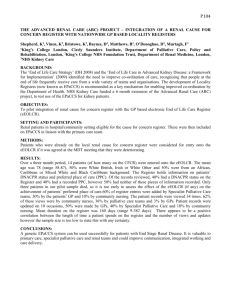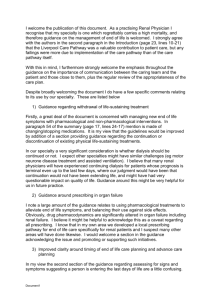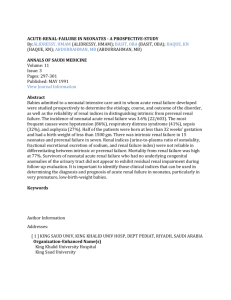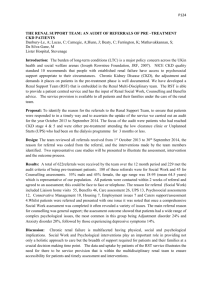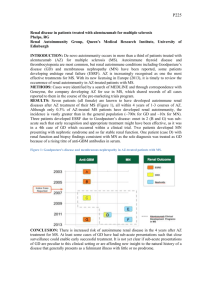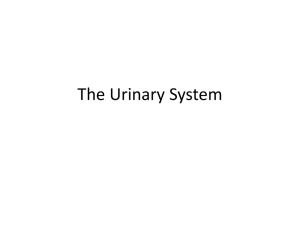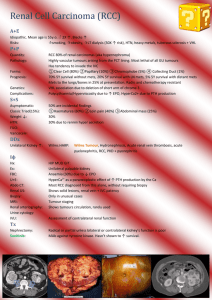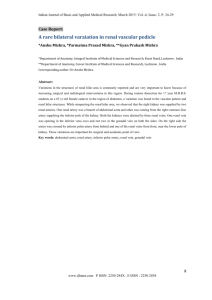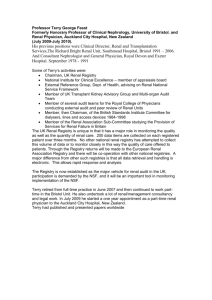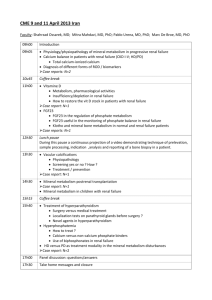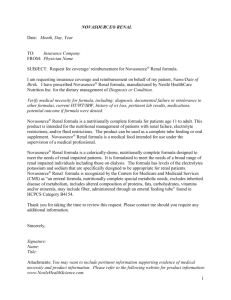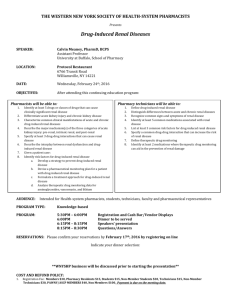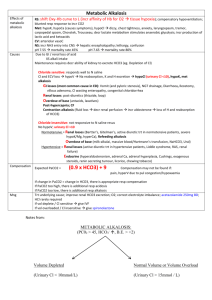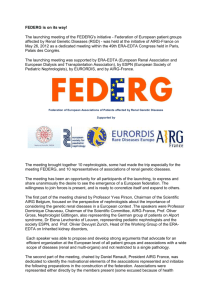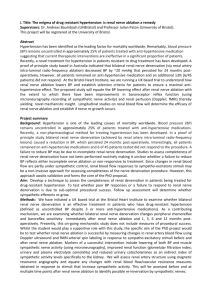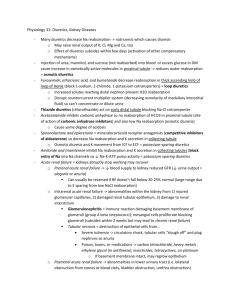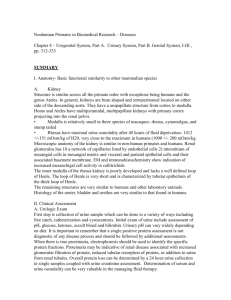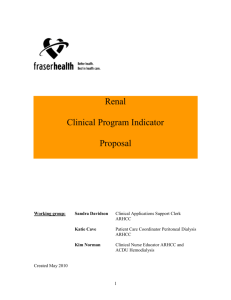Embedding Advance Care Planning in daily practice
advertisement
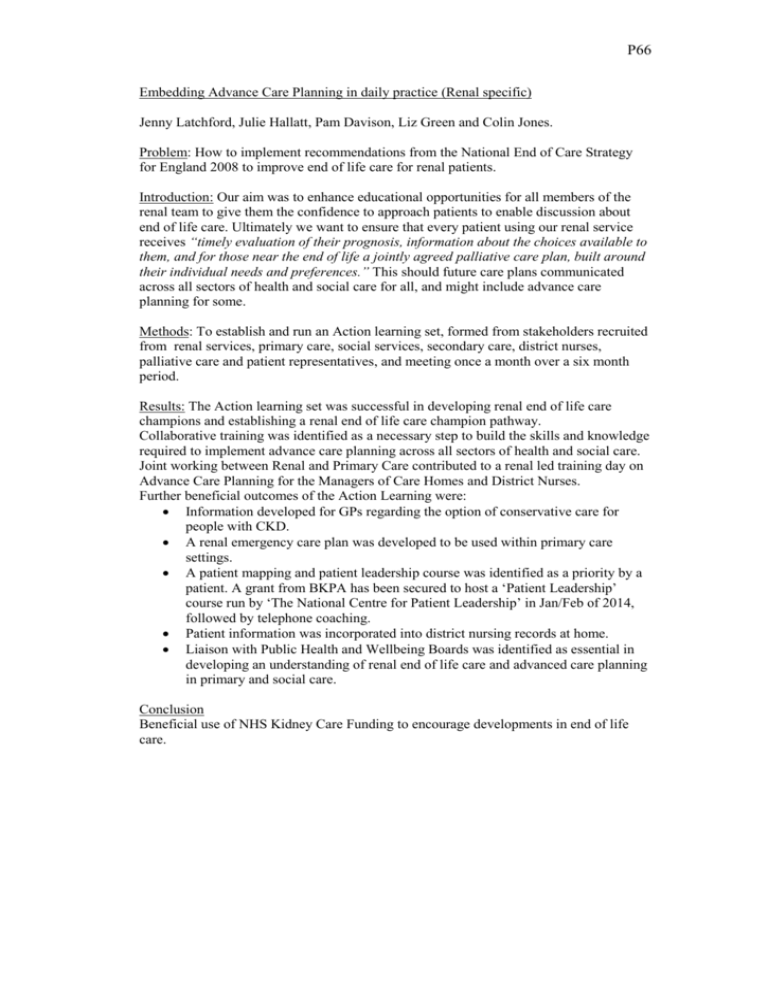
P66 Embedding Advance Care Planning in daily practice (Renal specific) Jenny Latchford, Julie Hallatt, Pam Davison, Liz Green and Colin Jones. Problem: How to implement recommendations from the National End of Care Strategy for England 2008 to improve end of life care for renal patients. Introduction: Our aim was to enhance educational opportunities for all members of the renal team to give them the confidence to approach patients to enable discussion about end of life care. Ultimately we want to ensure that every patient using our renal service receives “timely evaluation of their prognosis, information about the choices available to them, and for those near the end of life a jointly agreed palliative care plan, built around their individual needs and preferences.” This should future care plans communicated across all sectors of health and social care for all, and might include advance care planning for some. Methods: To establish and run an Action learning set, formed from stakeholders recruited from renal services, primary care, social services, secondary care, district nurses, palliative care and patient representatives, and meeting once a month over a six month period. Results: The Action learning set was successful in developing renal end of life care champions and establishing a renal end of life care champion pathway. Collaborative training was identified as a necessary step to build the skills and knowledge required to implement advance care planning across all sectors of health and social care. Joint working between Renal and Primary Care contributed to a renal led training day on Advance Care Planning for the Managers of Care Homes and District Nurses. Further beneficial outcomes of the Action Learning were: Information developed for GPs regarding the option of conservative care for people with CKD. A renal emergency care plan was developed to be used within primary care settings. A patient mapping and patient leadership course was identified as a priority by a patient. A grant from BKPA has been secured to host a ‘Patient Leadership’ course run by ‘The National Centre for Patient Leadership’ in Jan/Feb of 2014, followed by telephone coaching. Patient information was incorporated into district nursing records at home. Liaison with Public Health and Wellbeing Boards was identified as essential in developing an understanding of renal end of life care and advanced care planning in primary and social care. Conclusion Beneficial use of NHS Kidney Care Funding to encourage developments in end of life care.




